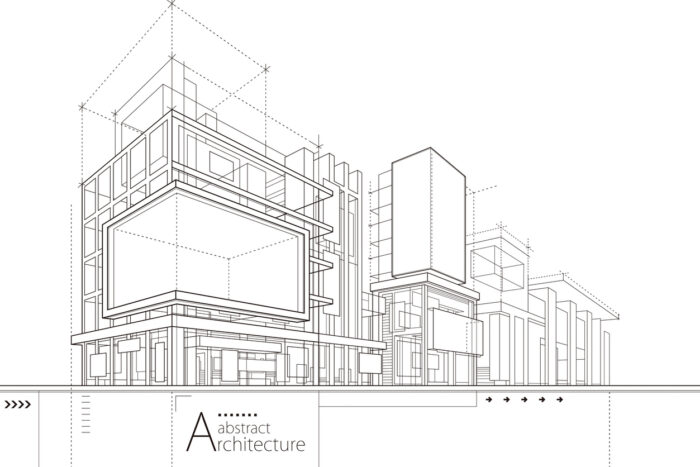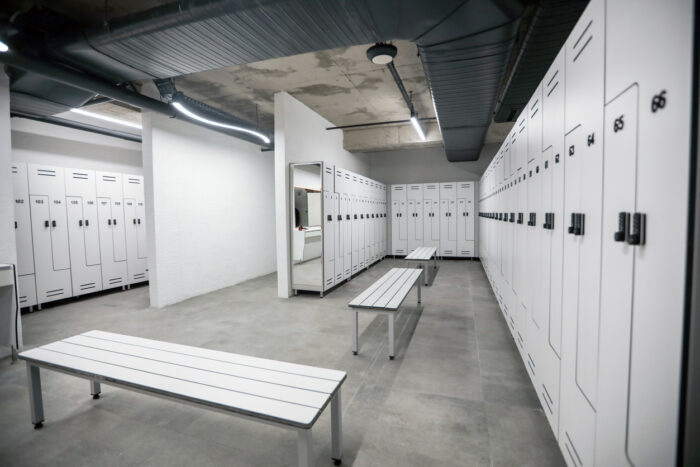Insights
The case for commercial property developments for Australian investors
Published
09 October, 2024

Buying established commercial real estate comes with a range of benefits—from the security of existing tenants to the comfort of viewing an asset’s performance. But did you ever consider how developing a commercial property could stack up as an investment?
Australia’s commercial real estate market has proven, time and time again, to reward its participants for their high-price tag investments. From office buildings to the steel walls of industrial premises, high yields are typically on offer along with great incentives for capital growth. And developing one of these assets allows you to call the shots, to set the asset’s character and to provide a premises to tenants that may be missing or highly desired in the market.
If you’ve thought about whether developing a commercial asset could benefit your financial position or property portfolio, this is the post for you. Let’s look at the pros and cons of commercial developments in Australia.
Projected trends for 2025 and 2026

Looking ahead, Australia’s development sector is expected to follow three significant trends:
- Sustainability: With green credentials a driving factor, expect to see more developments that incorporate green technology, energy-efficient systems and eco-friendly materials.
- Hybrid workspaces: The continued rise of hybrid working models will see commercial spaces designed with flexibility in mind, featuring modular layouts and facilities that cater to both in-office and remote workers.
- Smart buildings: As technology advances, office buildings will increasingly integrate smart features such as AI-driven systems for energy use, advanced security and enhanced connectivity.
To buy or to develop commercial property?
The decision to build a commercial development from the ground up or buy an established property presents completely different investment strategies. Purchasing an established property offers a faster path to rental income and might come with historical data on returns.
Even your due diligence phase—arguably the most important stage of acquiring a property—allows you to see the tangible side of your future investment. You can view the building, understand the ongoing costs and analyse the existing property profile (e.g. the tenancy mix, parking lot, neighbouring sites) to see what may be improved upon.
All that said, developing a commercial property offers distinct advantages:
Customisation for modern needs

Building allows you to design a property that meets current market demands. This means the latest in sustainability, tech infrastructure and design trends, which can attract higher-profile tenants and command premium rents.
Potential for higher returns
Historically, well-planned commercial developments have delivered strong long-term returns. Even the initial investment in excellently located land can result in significant capital growth, especially in high-demand areas or locales in dire need for a premises such as yours (i.e. medical centres, fast food outlets, etc.).
Tax benefits and depreciation
Investors who develop commercial properties might even access greater tax advantages, with the ability to claim depreciation on both the brand new building and its fixtures and fittings over time.
But we really need to stress that buying an established property may offer less risk and fewer unknowns, particularly in terms of location and market demand. While developing offers high rewards, it requires more capital upfront and greater tolerance for potential setbacks. (Of course, even buying established property comes with risks. Be aware of them by first talking to your accountant, your legal advisor or even a property professional who’s been in the game for years.)
Key considerations when developing commercial property

Excellent end of trip facilities in a brand new office building is just one of the many characteristics to consider before you build.
Okay, so you’re considering developing a commercial property. There are several key factors to keep in mind before you do:
Location
The old adage “location, location, location” holds especially true in commercial real estate. You’ll need to carefully consider proximity to transport hubs, client businesses and employee amenities to ensure that your development is attractive to the leasing market.
Zoning and council approvals
Commercial developments come with a whole host of legal requirements, including zoning restrictions and council planning approvals. These can be complex and time-zapping, so it’s crucial to engage with experts early in the process.
Market demand
Get on the phone, get online, get in front of every experienced property professional with a finger on the pulse. Because understanding the current demand for commercial office space in the area you’re considering is vital. We could write a whole blog post—perhaps a book—just on this crucial element of pre-development considerations.
Sustainability features
With sustainability being a priority for many businesses, incorporating green elements such as solar power, energy-efficient lighting and rainwater recycling can make your development more attractive and future-proof.
Who you’ll need on your team
For investors new to commercial developments, the process can be overwhelming. But the right team of experts can make all the difference.
Make room in your rolodex for these professionals:
- Town planners: These professionals are essential for navigating zoning regulations and securing planning permissions.
- Architects: An architect can help you design a building that is functional, aesthetically appealing and energy-efficient.
- Quantity surveyors: They’ll provide you with detailed cost estimates to ensure your project stays on budget.
- Legal professionals: Their role is to handle contracts, ensure compliance with regulations and protect your investment interests.
- Construction companies: Choosing the right builders, who specialise in commercial office spaces, is crucial to the success of your project.
- Real estate agents and property managers: Once the building is completed, you’ll need a reliable team to market the space to potential tenants and manage the property.
Yes, there’s plenty of work involved in becoming a commercial real estate developer. If finding the perfect commercial asset isn’t hard enough, then stepping into the world of commercial property developments might cause investors to tremble. That said, it’s not impossible. Especially if you partner with the right team.
At Properties & Pathways, we offer commercial property syndicates to investors looking for robust and reliable returns. A syndicate is a set and forget investment, and our proven track record, thorough due diligence and constant communication with investors only serves to enhance your comfort as a Properties & Pathways investor.
Want commercial real estate in your property portfolio, but don’t have the time, expertise or capital? Get in touch with Properties & Pathways today.



